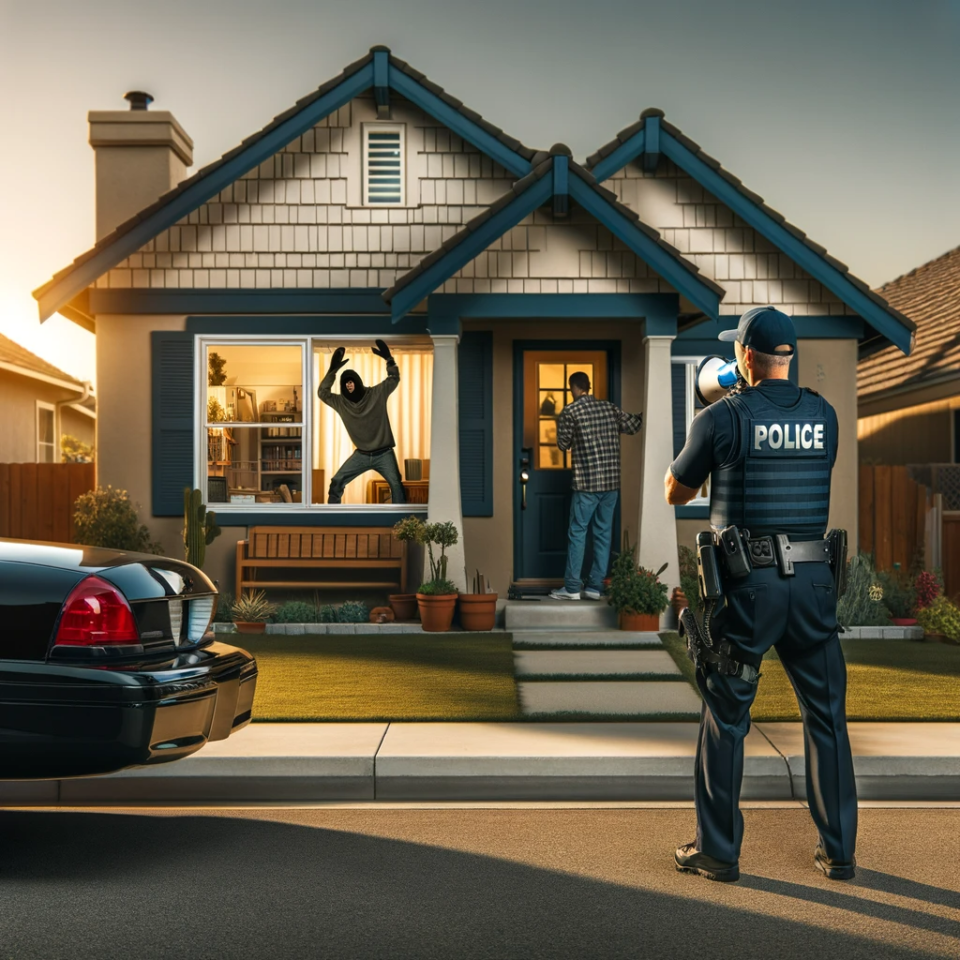The issue of squatting, where individuals occupy a property without the owner’s permission, can pose complex legal challenges for property owners and law enforcement agencies. One common question that arises is whether police have the authority to remove squatters from a property. In this article, we explore the legal landscape surrounding the removal of squatters by police and provide insights into the process and responsibilities involved.
The Legal Status of Squatting
Squatting is generally considered a civil matter rather than a criminal offense in many jurisdictions, including the United States. When individuals enter a property without permission and establish residency, they may be considered squatters. The legal status of squatters varies depending on the jurisdiction and the specific circumstances of the case. In some cases, squatters may have certain rights under adverse possession laws, which allow individuals to gain ownership of a property through continuous and open occupation over a specified period.
Can Police Remove Squatters: Factors to Consider
The ability of police to remove squatters from a property depends on several factors, including local laws, the nature of the occupancy, and whether the squatters have established any legal rights to the property. Here are some key considerations about can police remove squatters
Ownership Verification: Before taking any action, police officers typically need to verify that the individual claiming to be the property owner is indeed the rightful owner. This may involve reviewing property records, legal documents, and conducting on-site inspections.
Civil Eviction Process: In many cases, property owners are required to follow a civil eviction process to legally remove squatters from their property. This process typically involves filing a formal eviction lawsuit, obtaining a court order for eviction, and coordinating with law enforcement to carry out the eviction.
Court Orders: In situations where squatters refuse to vacate the premises voluntarily, property owners may need to obtain a court order specifically authorizing the police to remove the individuals from the property. Court orders provide legal authorization for law enforcement to carry out the eviction process.
Peaceful Resolution: Law enforcement agencies prioritize resolving disputes peacefully and ensuring the safety of all parties involved. If squatters are cooperative and willing to vacate the property voluntarily, police may facilitate the process without the need for forceful removal.
Legal Rights of Squatters: In cases where squatters have established legal rights to the property through adverse possession or other legal doctrines, the eviction process may be more complex. Property owners and law enforcement must comply with applicable laws and regulations governing property rights.
Collaboration Between Property Owners and Law Enforcement
Effective communication and collaboration between property owners and law enforcement are essential when addressing issues related to squatters. Property owners should provide law enforcement agencies with accurate information, evidence of ownership, and any relevant documentation to support their claim to the property. By working together, property owners and police can navigate the legal process of removing squatters effectively and in accordance with the law.
Seeking Legal Assistance
Given the complexity of legal issues surrounding squatting and property rights, property owners facing squatter-related challenges may benefit from seeking legal assistance. Real estate attorneys can provide guidance on the eviction process, help navigate legal requirements, and ensure that the rights of all parties involved are protected.
Conclusion
In conclusion, the question of whether police can remove squatters from a property is a multifaceted issue that requires a comprehensive understanding of property rights, legal procedures, and the responsibilities of law enforcement. While police can assist in certain situations involving squatters, the formal eviction process typically involves collaboration between property owners, legal authorities, and the judicial system. By adhering to legal protocols, maintaining clear communication, and seeking appropriate legal counsel, property owners can address squatter-related disputes in a lawful and effective manner.

